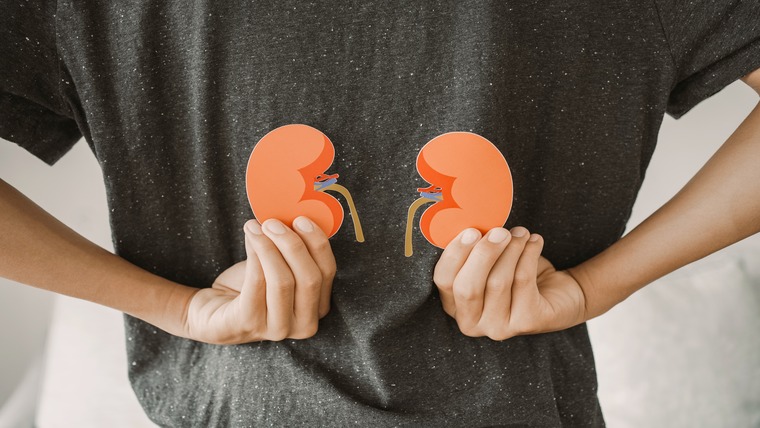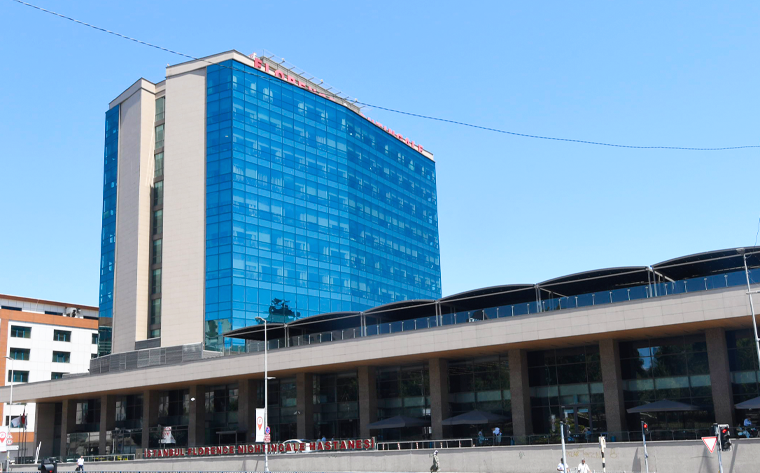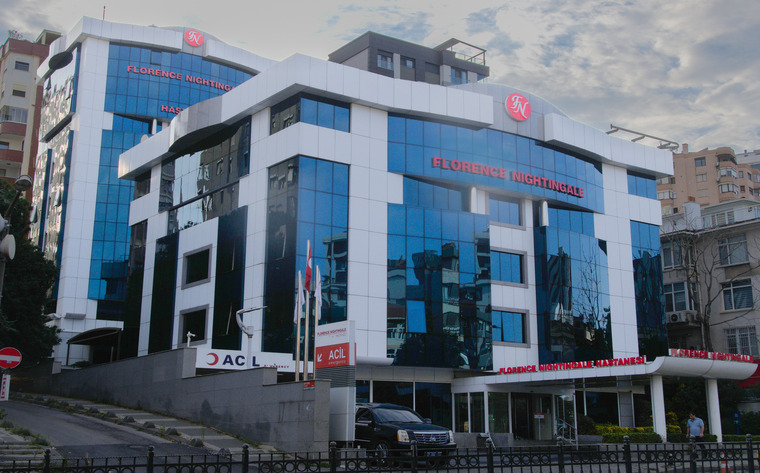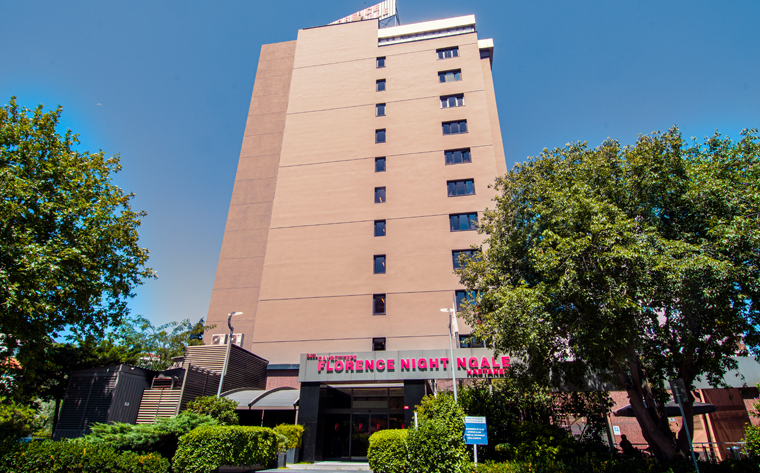
Kidneys are organs that regulate our body's water, electrolyte, acid-base balance, and also remove toxins that we take in from outside or that form in our body.
Specialized vascular structures work like filters to filter the blood. This fluid is processed through tiny tubes with millions of special pumps, and is carried through increasingly larger channels to be excreted as urine.
Kidneys, urinary tract, bladder and urethra are called the urinary system. There are congenital or acquired diseases of this system that can be seen at every level. Between the ages of 0-18, these diseases are in the field of interest of the Department of Pediatric Nephrology.
What is Pediatric Nephrology?
Pediatric nephrology is a medical specialty that diagnoses, treats, and monitors kidney and urinary tract diseases in children from newborns to young adults. Because kidney disease can seriously impact children's overall health, pediatric nephrology plays a critical role in maintaining children's long-term kidney health.
What Diseases Does Pediatric Nephrology Treat?
Pediatric nephrologists diagnose and treat a variety of kidney and urinary tract diseases, including:
The main diseases monitored in the Department of Pediatric Nephrology are:- Developmental Anomalies of the Urinary System (Urethro-Pelvic Stenosis, Vesico-Ureteral Reflux, Hypoplasia, Dysplasia, Agenesis, etc.)
- Nephrotic Syndromes
- Nephrites
- Cystic Diseases
- Tubular Diseases (Renal Tubular Acidosis, Bartter Syndrome etc.)
- Hemolytic Uremic Syndrome
- Urinary Tract Infections
- Urinary System Stone Disease
How is Diagnosis Made in Pediatric Nephrology?
Pediatric nephrologists use a number of methods to diagnose diseases. These methods include:
- Urination Disorders
- Hypertension
- Acute Renal Failure
- Chronic Renal Failure
- Biopsy: If necessary, a sample of kidney tissue is taken for detailed examination.
What are the Pediatric Nephrology Treatment Methods?
Treatment methods used in pediatric nephrology vary depending on the type and severity of the disease. Treatment methods include:
- Drug therapy: Antibiotics, corticosteroids, diuretics and other medications.
- Dietary changes: Special diets to support kidney health.
- Dialysis: Used to support kidney function in children with kidney failure.
- Surgical interventions: Surgical treatment may be required in cases such as kidney stones or congenital kidney anomalies.
- Transplantation: In cases of advanced kidney failure, kidney transplantation may be performed.
What Do Pediatric Nephrologists Look For?
Pediatric nephrologists perform a comprehensive evaluation to protect children's kidney health and treat diseases. These specialists monitor children's growth and development, regularly evaluate kidney functions, and intervene when necessary. They also raise awareness of children and families about kidney health.
What are the differences between nephrology and urology?
Nephrology and urology are two different medical specialties that deal with diseases of the kidneys and urinary tract, but they focus on different areas.
- Nephrology: A branch of medicine that diagnoses and treats kidney functions and kidney diseases. It deals with diseases such as kidney failure, glomerulonephritis and hypertension.
- Urology: A branch of medicine that diagnoses and treats diseases of the urinary tract and male reproductive system. It deals with conditions such as urinary tract infections, kidney stones, bladder and prostate diseases.
These two fields are complementary and in many cases work together to protect and treat the health of patients.
Doctors specializing in pediatric nephrology work devotedly to ensure that children have healthy kidney functions and provide the necessary treatment and care services to improve their overall health.




